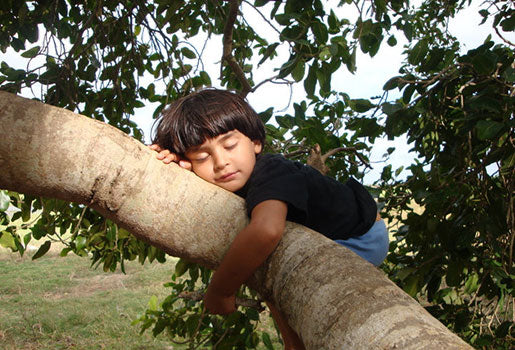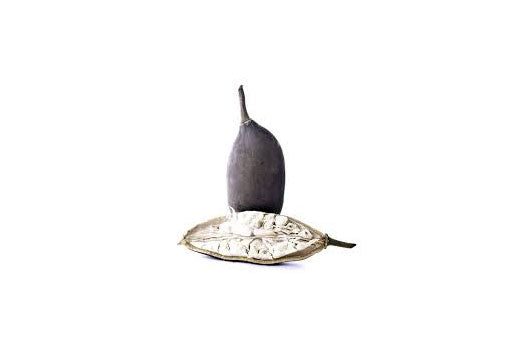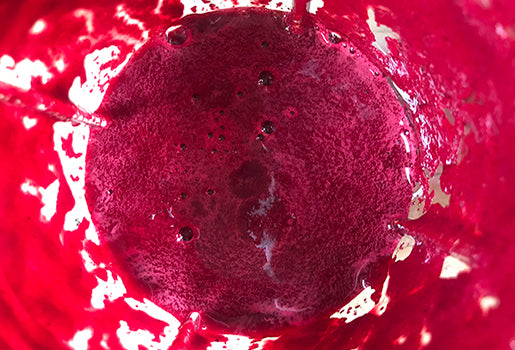Kenya Series Part Three: The Age of Convenience & What Permaculture Can Teach Us

Convenience is the human manipulation of things to render greater ease and practicality. But, what we've failed to consider, in this effort to render things easier and more practical, is the cost of this effort. On a day-to-day basis, I am struck by how easy, practical and accessible things are. But at what cost does it all come with? Take a look at our smart phones, for instance. They are incredibly easy to use and extremely practical—they are built into how we operate. Yet, having this device that brings us so much convenience that it has transformed our lives, comes at a cost that is detrimental to the Democratic Republic of Congo. On the mineral-rich mountain in the Masisi region of eastern DRC, coltan, a tar-like mineral is mined with the bare hands of exploited miners in order to power our smart phones.
We have centered our needs as a priority, whilst forgetting about what’s best for the environment, animals and the other people that don’t share in the benefits of the things we acquire. This is also said of the plants we consume. As we have defined our needs according to our wants, our expectations to access vegetables, fruits, herbs and spices with such ease has fueled the industrialization of agriculture: in order to keep up with demands, more and more land from developing countries is ceased by multinational agro-industries to grow monoculture crops that are worked on by underpaid "farmers". These crops, in order to survive the inorganic growing conditions are ladened with pesticides and synthetic fertilizer, which poison our land, kill microorganisms, pollute streams and threaten the health of workers. Worst of all is that someone else's land is taken away---land that they could have used to grow more trees, to build schools, or homes, or grow beautiful gardens. All because it is more convenient for us to access our health and beautifying needs easily, affordably and in abundance.
What does Permaculture-- the agricultural approach that values all forms of life (plants, microbes, people, insects, animals, soil, the sun, the wind) as intrinsic parts of collective effort to protect the ecology--teach us?
It teaches us the importance of symbiotic relationships: as each element is honored and nurtured in order to enable that element to deliver on its maximum potential; permaculture teaches us to give back and not only reap; to protect and not destroy; to nurture and enable and not just benefit. Pausing to reflect on this is what living in harmony is about because it considers the whole and not just the self.
Permaculture teaches us that it's not about our convenience but about necessity. It implores us to ask ourselves what the ecological cost and human impact is of our convenience: are our preferences for convenience worth the consequences?
Permaculture teaches us that it's not always about the "now". Permaculture allows plants to grow at their own pace with the help of companion crops. We enter a harmonious process of give-and-take; nurture and reap. And it is through this that we become more appreciative of the time, effort & experience of growing food safely. It no longer becomes about the rush to consume & produce more than we need, as this is what breeds our obsession for cutting corners in the name of convenience.
Take Action
Think about the things you consume. Question where they come from, who they were made by etc. Can you make more time to do the things you need to do instead of depending on a "convenient" gadget, for instance, that ends up in the landfill or floating in the sea? Could you spend more time walking, biking or using public transportation? How about those health & beauty products you use? They may conveniently contain all the herbs you need but are those herbs sourced from eco-friendly farms? Ask the same about the detergents you use. They may clean, but is there something else you could use/do instead (requiring a bit more effort) that doesn't add more toxic chemicals into the environment? Keep thinking, questioning and finding creative solutions. Everyone will benefit from this!
Leave a comment
Comments will be approved before showing up.



